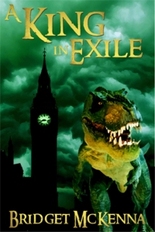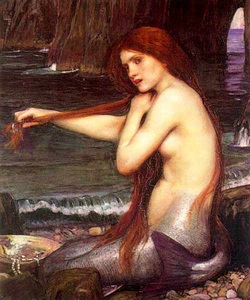
In my own tradition of offering the afterword to my short stories for free in a shameless effort to get you to shake loose of $1.49 for the whole thing, what follows is the story of how I came to write "Evenings, Mornings, Afternoons."
When I was a very small child, my sister took me to see Mr. Peabody and the Mermaid, a poignant romance/comedy starring William Powell (star of The Thin Man films) as a man resisting his own middle age, and Ann Blyth—not quite out of her teens—as a mermaid whom he catches and takes home after he hears her singing late at night. Being at the age when absolutely everything is real, I watched the film entirely convinced of the reality of mermaids and the men they fascinate.
Later I would read Peter Pan, and a few years after that, the Odyssey. Sirens who lure sailors to their deaths on the rocks are even more fascinating than cute animated mermaids with cockle-shell bras, if a bit less cuddly, and the whole idea of the possibilities in the largely-unexplored alien landscape of the oceans was renewed every time I visited an aquarium. The sea, to me, is another planet—one on which we land-dwellers would perish immediately. But oh, what amazing aliens have evolved to flourish there, and how unlike us they are in every way. The idea of people who live in the sea might go back to seals seen from afar by ancient fishermen. Certainly no-one knows for sure, but I think we’re all agreed there’s no such thing as mermaids.
We are, aren’t we?
Re-reading “The Love Song of J. Alfred Prufrock,” by T.S. Eliot in 1991, I was struck by the similar theme to the film I so loved in my childhood. Certainly the producers of Mr. Peabody might deliberately have borrowed the idea from the closing stanzas of the poem: a man afraid of growing old and disappointed in his own ordinariness entertains the idea of making contact with the mysterious “other” that remains somehow immune to the burden of years. Mr. Prufrock feared he would not hear the mermaids’ song, while Mr. Peabody felt somehow chosen by his mermaid, and somehow entitled to try to keep her for himself.
But Jonathan, the hero of my story, is neither of those gentlemen, though he is both beyond middle age and a bit romantic. What if, the writer in me wondered, a man approaching the end of his life was able to break the veil between the “real” and the “unreal” and perceive the reality of mermaids? After asking myself this question, I proceeded to attempt to answer it with a story.
If you’ve ever been confused by discussions of theme in English classes, that about wraps up the whole subject. The author asks herself a question and proceeds to answer it as best she can by telling a story. When she then asks “And then what happens?” she begins to concoct a plot and storyline to hold the theme. And the context, or setting, of the story holds the plot. It’s a bit like matryoshka dolls. For a story about mermaids, I took the easy way out and set it by the ocean. And the ocean quite naturally informed every scene.
I loved Jonathan from the first moment I saw him gazing out to sea. I also knew he was dying, and I grieved for him. Yes, writers are a bit crazy; I’m your proof. I didn’t consciously know he was gay until I saw him sitting at his table in the hotel dining room, twisting the string around his teabag, but once I did know, it felt so right that I suspect my unconscious mind always had that knowledge.
Kostopoulos breezed into the dining room and into the story without my knowing anything about him until I typed his name. Then I knew everything. How the hell does that work? I wish I knew.
Anyhow, when I had the story where I wanted it, I sent it to Gardner Dozois at Asimov’s, and he bought it. Some months later I received proofs back from Sheila Williams—then the managing editor, now the editor of that fine publication. The typesetter, whose name I never knew, had removed any mention of mer-people of the male persuasion. I contacted Sheila, and she talked to the typesetter. Apparently that worthy was shocked at the implications. “But that would mean he’s…” “Yes,” Sheila informed him gently. “He’s gay. Now change it all back.”
As the inimitable Sir Ian McKellen has been known to say: “Some people are gay. Get over it.”
Twenty-one years later, with a bit of light rewriting and editorial tinkering by my lovely and talented daughter, Marti McKenna, “Evenings, Mornings, Afternoons” is again available to readers. I’m really thrilled to have this story back in publication. I hope you enjoy it.
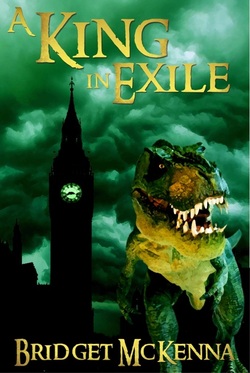
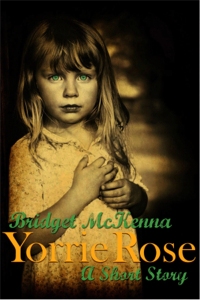
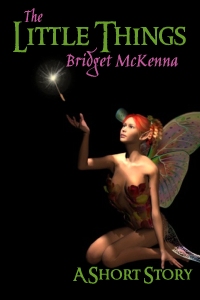
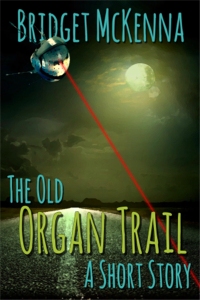

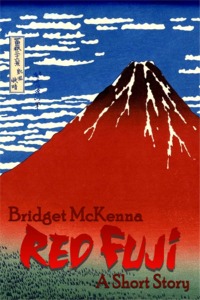

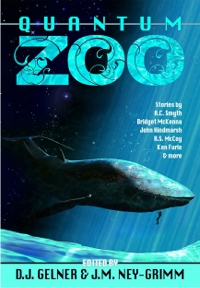


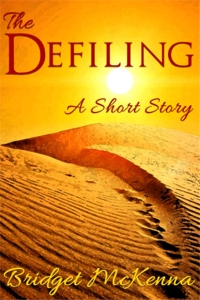

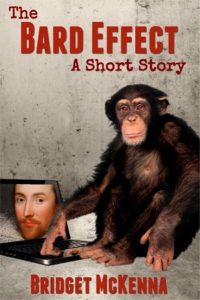
 RSS Feed
RSS Feed


